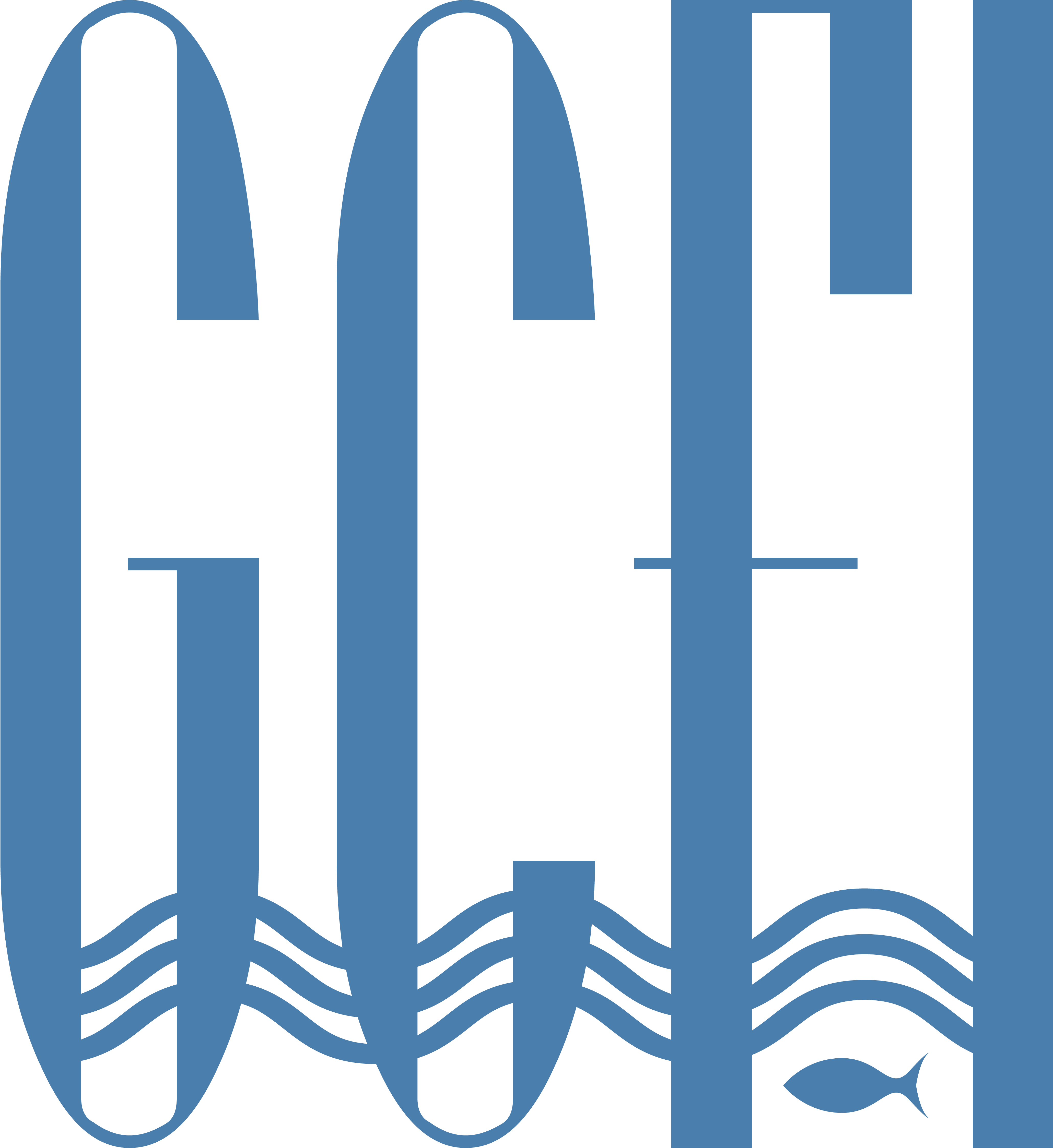Home > GCR > Vol. 14 > Iss. 2 (2003)
Alternate Title
Shifting Baselines, Marine Reserves, and Leopold's Biotic Ethic
Document Type
Article
Abstract
Different human expectations and environmental ethics are key factors preventing the creation of marine reserve networks. People are skeptical about the benefits of no-take marine reserves because they have adjusted to scarcity and have low expectations about the productive capability of marine ecosystems. Pauly (1995) described this as a shifting baseline in which each generation sets its expectations based on its direct experiences and discounts experiences of previous generations. I show evidence of a declining Caribbean baseline based on Nassau grouper landings from Cuba and the U.S., and review common and often conflicting types of conservation ethics existing in North America. No-take marine reserves can help reestablish human expectations about resource productivity by restoring past conditions in places. Leopold’s biotic ethic provides a framework for achieving sustainable resource use based on laws of ecology and human self-interest. Because changing expectations usually requires direct local experience, education, and changes in conservation ethics, implementing successful marine reserve networks will probably be a slow, incremental process. Establishing no-take reserves can help restore human expectations and provide a common basis for conservation by providing a window to the past and a vision for the future.
First Page
1
Last Page
7
DOI Link
Recommended Citation
Bohnsack, J. A.
2003.
Shifting Baselines, Marine Reserves, and Leopold's Biotic Ethic.
Gulf and Caribbean Research
14
(2):
1-7.
Retrieved from https://aquila.usm.edu/gcr/vol14/iss2/1
DOI: https://doi.org/10.18785/gcr.1402.01





